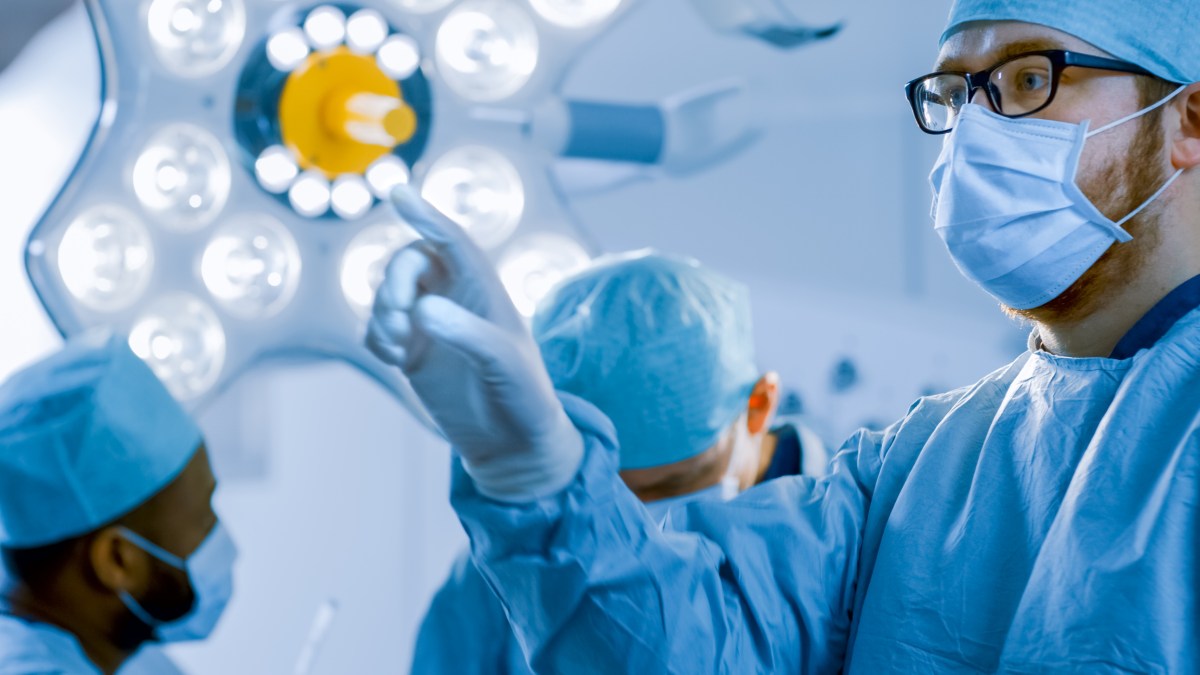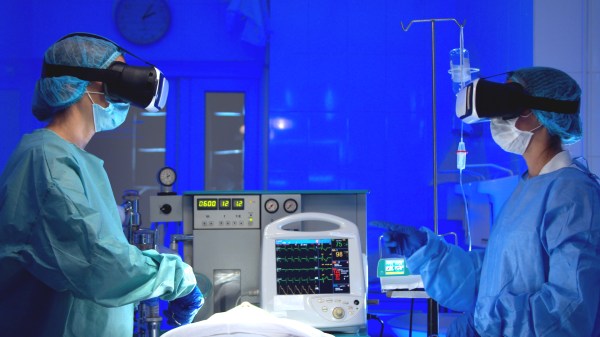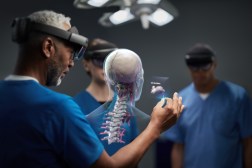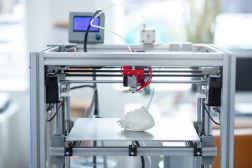VA health incubator starts with disease prevention tools

The Department of Veterans Affairs’ new collaborative health care innovation center is initially focusing on the creation of prevention tools that predict disease and improve patient safety.
Announced in September, the National Center for Collaborative Healthcare Innovation in Palo Alto, California, is now home to VA’s partnership with DeepMind Health, an AI division within Google.
The Army demonstrated an algorithm the partnership developed can predict acute kidney injury up to 48 hours in advance — potentially helping patients avoid the devastating disease, said Dr. Thomas Osborne with the Palo Alto Health Care System.
“This new incubator is designed not only to leverage the best complementary tools in industry but also within VA and government — and in doing so creating a pipeline for shared knowledge,” Osborne said at the Veterans Health Administration Innovation Experience on Wednesday.
The center is also evaluating emerging technology like SurgicalAR, an imaging platform using an augmented reality headset to holographically overlay MRI or CT scans on a patient during surgery — effectively rendering them see-through. Cleared by the Food and Drug Administration, the platform is the brainchild of Medivis, a physician-led collaboration of computer engineers, scientists and developers.
Medivis is partnering with companies like Microsoft and Verizon to stream multiple data feeds in one spot in an effort to reduce complications during surgery, said Dr. Chris Morley, a cofounder.
About 20 percent of invasive operations — 60 million occurring in the U.S. annually — see preventable mistakes both minor and severe that lengthen operating times and hospital stays and can cause organ failure or even death, Morley said.
The doctor said the costs add up, with one minute of extra operating time costing $100 and severe complications $100,000 to $150,000 in profit losses.
AR can help surgeons decide simple things like the positioning of the patient and where to make an incision.
“I think there’s still a lot of guesswork happening in the operating room environment, and I think this technology is really going to alleviate a lot of that guesswork,” Morley said.
NCCHI is also working on the creation of a vendor-agnostic platform for scaling multiple solutions it develops and announced a brand new partnership with another Google division, Verily Life Sciences, on a forthcoming project.
“For this collaboration we’ve utilized our combined expertise,” Osborne said. “We’re planning to create a solution to improve health care quality and efficiency to improve value.”





